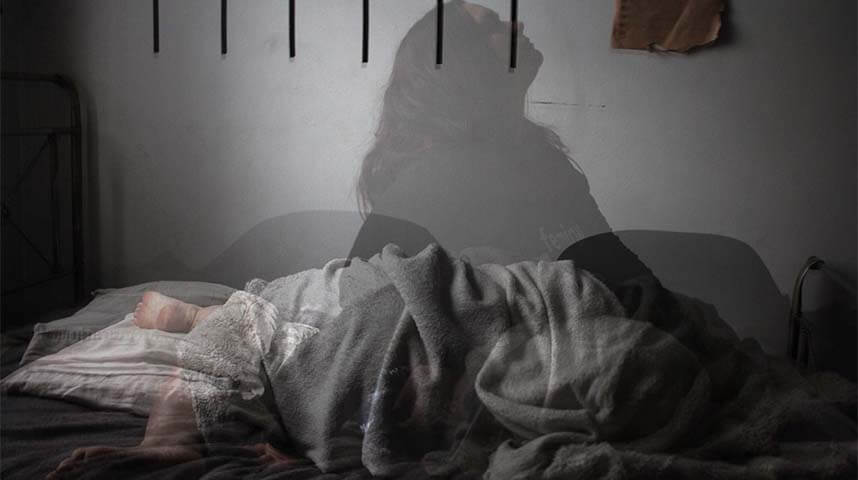Sleep and Insomnia: Two Sides of the Same Coin
If you are having regular sleepless nights or irregular sleep, you are probably wondering if you have insomnia. This article will help you understand the science behind insomnia and the actions one can take to sleep better at night.
What is insomnia?
Insomnia is a sleeping disorder that makes it difficult to fall asleep or to stay asleep the whole night. Insomnia occurs over a sustained period of time. Have you tried developing a sleep schedule before bedtime and in the morning after waking up? Have you tried different unconventional techniques that can help sleep you better ? If neither of these has helped, then you probably need to see a doctor understand how severe your insomnia can be.
Insomnia can be acute or chronic. Acute insomnia can be temporary and happens due to any stress based on life events. For example, if you have an important exam the next day or you just received bad news. The stress about life circumstances can keep you awake for some nights but it does not happen over a long period of time. On the other hand, chronic insomnia is long term insomnia. Irregular sleep for at least 3 times a week for over three months at a stretch is a classic symptom of chronic insomnia.
While acute insomnia can be easily treated without the help of a doctor, chronic insomnia could also be an indication of mental issues.
Common Causes of Insomnia
There are multiple reasons that trigger insomnia at night. Here are some of the common factors:
- Medical reasons like asthma, sinus allergies, arthritis, sleep apnea or gastrointestinal problems;
- Mental health reasons like anxiety, depression, or stress;
- Lifestyle habits like drinking before bedtime, working late into the night, or eating unhealthy food. Even the wrong sleeping position can keep you wide awake at night.
Addressing Insomnia for Better Sleep
There are multiple ways to treat chronic insomnia. Talk to a therapist or a doctor to understand what is causing your insomnia. Some common treatment options include:
- Behavioral therapy that includes stimulus control (such as engaging in relaxing activities before bedtime), cognitive therapy that analyzes fears and attitudes causing insomnia, and relaxation training;
- Psychological therapy;
- Medical such as over the counter prescription and sleeping aids;
- Combinations of the above. This can be decided only upon consulting a doctor.
If you are diagnosed with insomnia, remember it is a slow healing process. It can’t be undone overnight. In the time your medicines or therapy works, you can take small steps to ensure you are relaxed at night. These steps might not make you fall asleep but it can help keep your mind relaxed and not overworked:
- Listen to relaxing music. Studies have suggested that listening to calming music before bed can help relax your mind and calm the muscles that can make you fall asleep easily;
- Don’t indulge in any activity that can induce stress, at least 2 hours before sleep;
- Exercise regularly. It is proven that working out can help improve the mood as it releases adrenaline. This can help you overcome regular stress and anxiety;
- Switch to a comfortable sleeping environment that is healthy and cozy. You can switch to bamboo sheets as they are known for their health benefits and will ensure you sleep like a baby.
Addressing insomnia is a process that requires you to completely give in to. Try to not overwhelm yourself or overwork your body as it can only increase the risk of irregular sleep.






